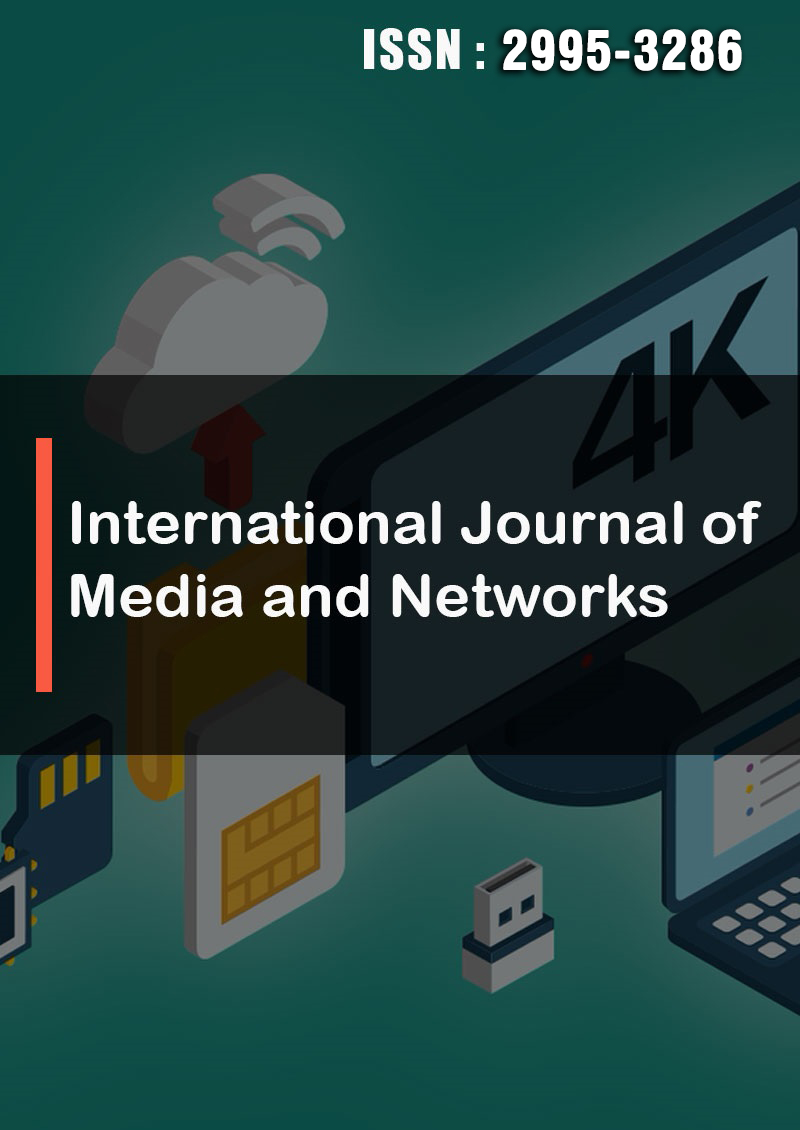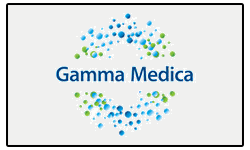A Global Social Media Analysis of the Accuracy and Specific Characteristics of Information Shared about Family Planning and Contraception
Abstract
Gulifeiya Abuduxike, Moustafa Qawaf , Comfort Onyinye Edwin, and Sultan Jarboue Salaheldin
Background: Social media platforms have become important sources of health information. An assessment of the use-generated contents to reduce misinformation has becoming an imperative responsibility of health professionals. We aimed to evaluate the accuracy of the shared information related to family planning, and contraception, and other characteristics on four major social media sites based on WHO guidelines.
Study design: A web-based content analysis using a cross-sectional study design.
Methods: We have evaluated the information on four popular social media, including Facebook, YouTube, Twitter, and Instagram. Information was evaluated as "accurate" if it was consistent with the standard guidelines.
Results: Out of 486 posts, 77.4% were evaluated as "accurate". Information characteristics, including being shared on Facebook (OR = 27.7, 95% CI: 7.41–104.14) and YouTube (OR = 15.9, 95% CI: 2.7-93.2), being shared by public accounts (OR = 1.7, 95% CI: 1.1–2.7), and for educational purposes (OR = 4.2, 95% CI: 2.6–6.5), were significantly associated with the content's accuracy. A significant proportion of inaccurate information was shared by health professionals.
Discussion and Conclusion: There are notable proportions of misinformation, and some were shared by healthcare providers. The findings highlighted the importance of consistent evaluation and monitoring of the information shared on social media based on the latest evidence. Healthcare providers should leverage the advantages of social media to disseminate up-to-date, evidence-based contraceptive information to their patients, meanwhile helping them to correct myths and misinformation on family planning.




